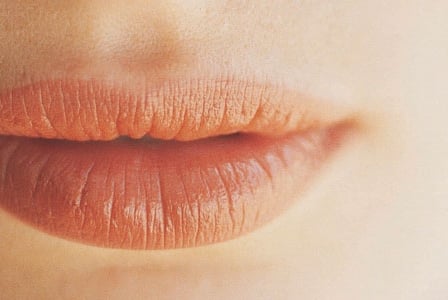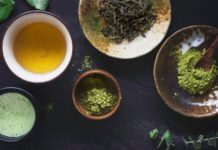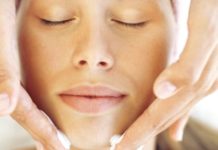
Beauty-essential lipsticks contain five types of ingredients: emollients that prevent moisture loss and soften the lips; pigments; preservatives; antiseptics; and emulsifiers that hold these other ingredients together.
Beauty-essential lipsticks contain five types of ingredients: emollients that prevent moisture loss and soften the lips; pigments; preservatives; antiseptics; and emulsifiers that hold these other ingredients together.
But these ingredients vary from healthy to toxic depending on the quality of the product.
Be wary of preservatives, emollients, solvents, and pigments in drugstore lipsticks. Some may cause irritation for women with sensitive skin. Others can cause a phototoxic reaction, leading to ultraviolet (UV) sensitivity and intense sunburns. Many colouring agents and preservatives are known to be carcinogenic.
Instead, reach for natural lipsticks, which contain herbal antiseptics, vitamin-rich preservatives, seed-based oils, and tantalizing nontoxic colours. Why would you choose anything else?
Natural Lipsticks
| Cosmetic use | Natural ingredients | Benefits |
| antiseptics |
cinnamon |
antibacterial, aromatic, flavourful prevents contamination anti-inflammatory, fragrant antioxidant, stabilizing curative, moisturizing prevents chapped lips |
| preservatives | vitamin E | antioxidant; best in combination with other antioxidants such as vitamin C and green tea |
| pigments | carmine (derived from dried red cochineal beetles) minerals, including iron oxide, ultramarine blue, manganese violet |
gives a rich red colour anti-inflammatory; mineral flecks diffuse light and smooth fine lines |
| emollients |
carnauba wax castor oil |
moisturizing; from Brazilian wax palm trees keeps lips supple lubricating soothing used as a thickening agent |
Drugstore Lipsticks
| Cosmetic use | Harmful ingredients | Negative effects |
| preservatives | parabens, including methylparaben and propylparaben | linked to breast cancer |
| pigments | bromo acid lake dyes, including red no. 21, red no. 27, orange no. 17 |
causes dermatitis contain coal tar; common allergens; carcinogenic |
| emollients | hydrocarbons mineral oil petrolatum |
pollutants; detrimental to marine life phototoxic contains impurities that may contribute to acne, cancer, and other significant health problems |
| solvents | glycols, including propylene glycol | skin irritant; inhibits skin cell regeneration |
Research Your Lipstick?
Find out if your favourite lipstick contains harmful chemicals. Search product names in the Skin Deep database on the Environmental Working Group website at ewg.org/reports/skindeep2.


















